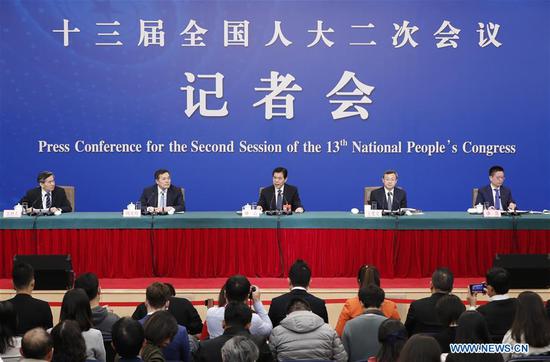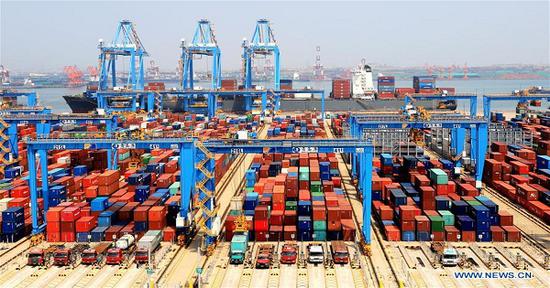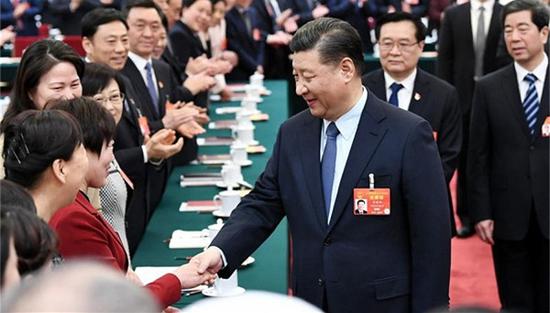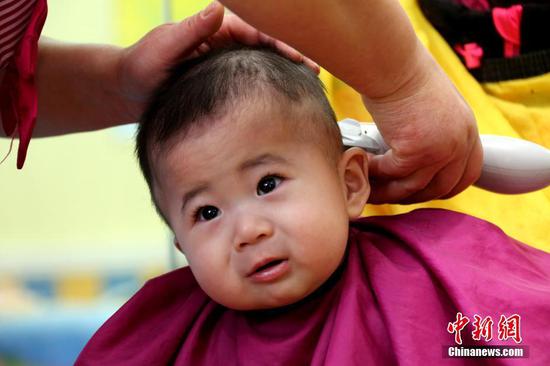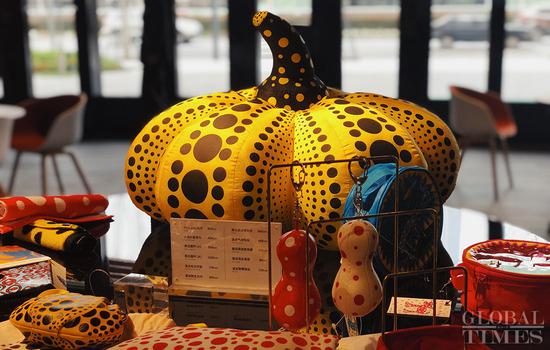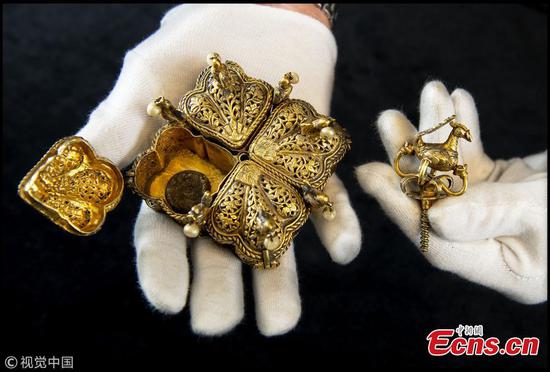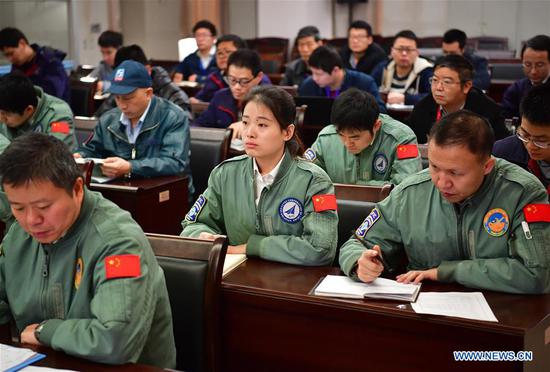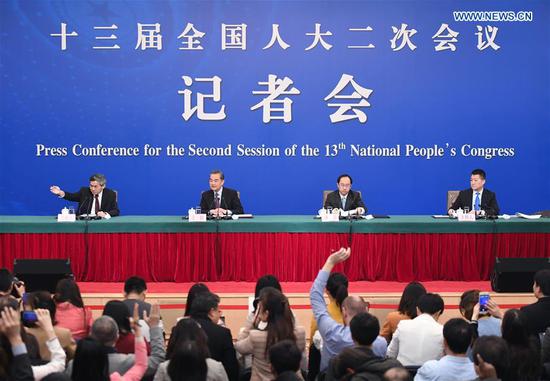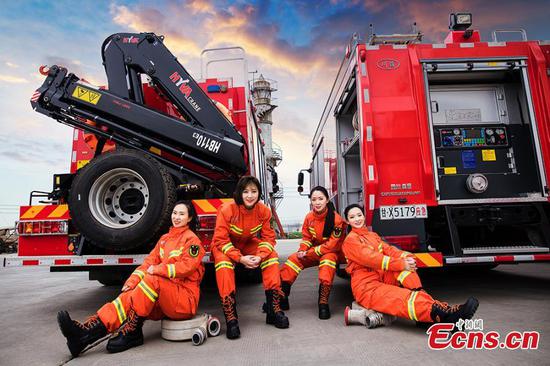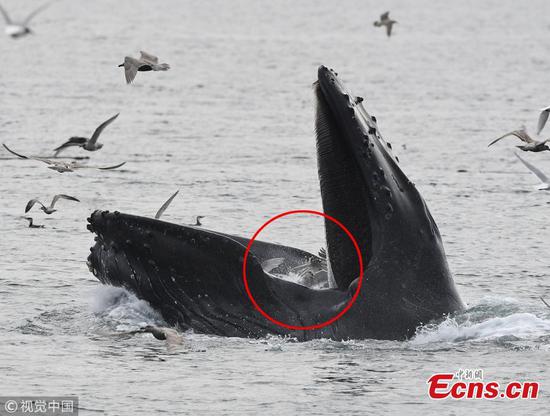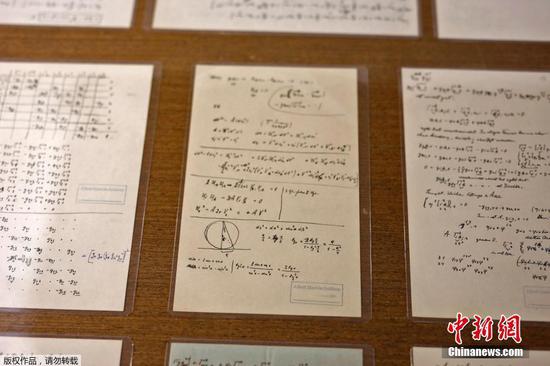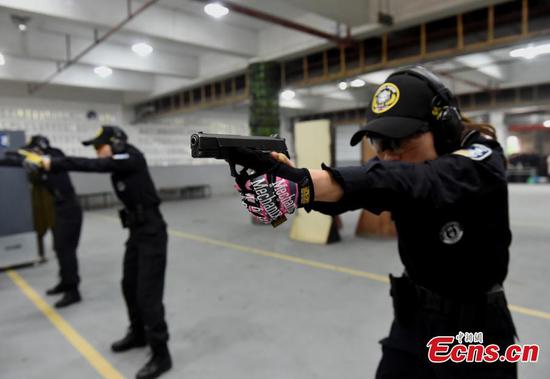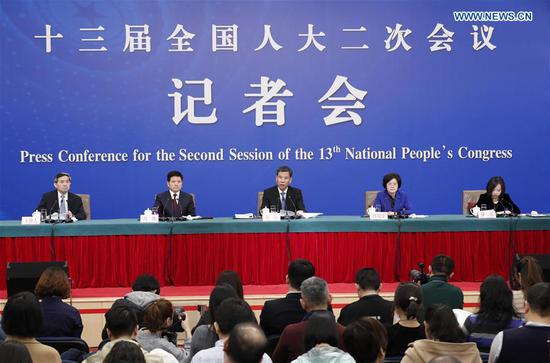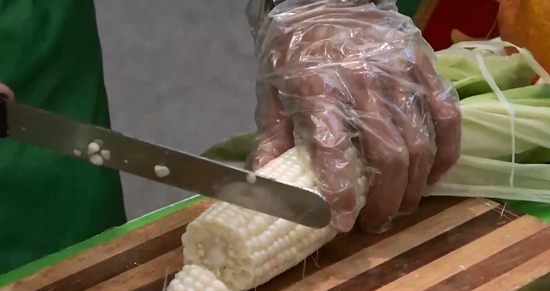City residents in the past few years have been unloading their used and unwanted clothes into donation bins placed in residential communities in China. Some people take the time to pick out unwanted articles in good condition, washing and folding them before making the trip to a drop box nearby. They believe that their donations would help keep a poor family somewhere warm and happy.
That thought alone should put a smile on someone's face, not to mention the relief that their decluttered wardrobe has room for new additions again.
Except that's not what is actually happening.
Last week, several local media reports uncovered in different cities across China that used clothing collected from many of these drop boxes marked for "donation" were not distributed to people in need, but instead resold by textile recycling companies for profit.
The public was disheartened by the news. On Weibo, the question "where did your donated clothes go?" was among the top searches on that day. Many say they felt their kindness was exploited by greedy businesses.
"All the clothes I donated were nice and clean, because I thought they would be worn by poor kids in rural areas. Had I known they were to be sold, I'd have kept them," a netizen posted.
"People will eventually stop giving to charity after too many dishonest things like this," said another.
It is not the first time. In 2017, it was discovered that some recycling factories were pocketing large amounts of money selling zippers they had removed from garments collected from donation bins, while newer clothes were bundled and shipped overseas for resale.
But what about charity?
Unwanted charity
Simply put, people today don't want other people's used clothes. Given a choice, poor people don't want them either.
When clothing donation bins first sprouted across China, the idea was widely welcomed. Queues of people with bags of old clothes near them were a common sight. The boxes, many of which started as part of the local government's charity program, were said to be always full.
This was until other kinds of bins appeared – those set up by for-profit recyclers posing as charitable organizations.
China's Charity Law requires all charitable organizations to obtain public fundraising qualifications, with a registration number issued by the Ministry of Civil Affairs. The law states that conducting public fundraising without qualifications or using false information to trick or coax others into making donations would carry a fine of up to 200,000 yuan (29,760 U.S. dollars).
These unregistered "donation" bins have misled many people into believing their donated clothes are going to be worn by others, when in fact they are merely recycling them like other garbage.
If it is illegal, then why does it keep happening?
For Chinese who have experienced periods of scarcity in their lives, the only guilt-free way for them to part with old clothes is giving them to a charitable cause. To think anyone would profit from their goodness is entirely unacceptable.
But the reality is that even legitimate clothing donations mostly end up in landfills. But textile recycling, on the other hand, is increasingly encouraged.
The global fast fashion boom in recent decades has resulted in people throwing away more clothes after wearing them fewer times, the Ellen MacArthur Foundation found. It has also made new clothes a lot more affordable than before, meaning less demand for used ones.
While the supply far exceeds the demand, the costs for getting these second-hand donations to their intended recipients are high when accounting for the transportation and manpower needed for sorting and processing the volumes. And, it's found that only less than 20 percent of used clothes are considered good enough to be donated.
"Particularly due to the advent of cheap, disposable clothing, charities have seen themselves transformed into dumps that accept clothes of varying conditions in ever-increasing volumes," said Elizabeth Cline, author of "Overdressed: The Shockingly High Price of Cheap Fashion."









